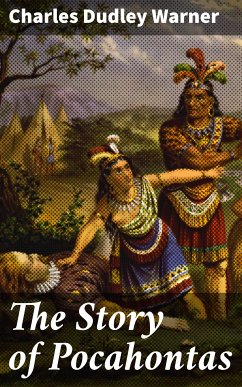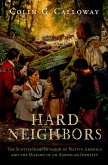In "The Story of Pocahontas," Charles Dudley Warner masterfully intertwines historical narrative with literary flair, breathing life into the iconic figure of Pocahontas. This engaging retelling of her life, set against the backdrop of early colonial America, reveals not only her crucial role in the survival of Jamestown but also the complexities of her relationships with Native Americans and English settlers. Warner's prose, characterized by a blend of vivid imagery and heartfelt sentiment, captures the moral quandaries and cultural clashes of the time, positioning Pocahontas as a bridge between two worlds during a turbulent period in American history. Warner, a prominent American author and essayist, was an advocate for social reform and a voice of the Gilded Age. His experiences as a journalist and his deep interest in American folklore imbued his writing with a sense of purpose, seeking to illuminate the stories that shaped the nation. His fascination with blending fact and fiction is evident in his portrayal of Pocahontas, as he sought to honor both her legacy and the narratives that often overshadowed marginalized voices in history. Readers interested in American history, cultural narratives, and the interplay of fact and myth will find "The Story of Pocahontas" a compelling exploration of identity and heritage. Warner's work not only enriches our understanding of this legendary figure but also invites reflection on the broader themes of coexistence and conflict, making it a valuable addition to both literary and historical discourse.
Dieser Download kann aus rechtlichen Gründen nur mit Rechnungsadresse in A, B, BG, CY, CZ, D, DK, EW, E, FIN, F, GR, H, IRL, I, LT, L, LR, M, NL, PL, P, R, S, SLO, SK ausgeliefert werden.









